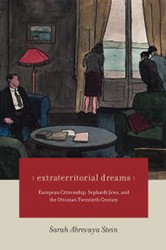Most histories of Europe during the period of World War II end with the defeat of the Nazis and the liberation of the occupied countries. But the story is far more complicated. William Hitchcock, a professor of history at Temple University, approaches this topic from a different perspective, that of the civilians living in the occupied countries. Europe welcomed the expulsion of the Germans, but the battles leading up to liberation left cities in ruins and killed many civilians. The combat-hardened soldiers did not always behave well as they interacted with the locals. Feeding, housing, and resettling displaced persons, prosecuting war criminals, and setting up relief organizations required intense effort. Using a wide range of sources (extensive notes and a bibliography), including personal accounts of citizens from the affected countries, Hitchcock considers thorny issues such as whether German civilians were victims. He provides a balance to the rosier accounts of this era without compromising the justice of the Allied cause.

Nonfiction
The Bitter Road to Freedom: A New History of the Liberation of Europe
- Review
By
– January 27, 2012
Barbara M. Bibel is a librarian at the Oakland Public Library in Oakland, CA; and at Congregation Netivot Shalom, Berkeley, CA.
Discussion Questions

Jewish literature inspires, enriches, and educates the community.
Help support the Jewish Book Council.



